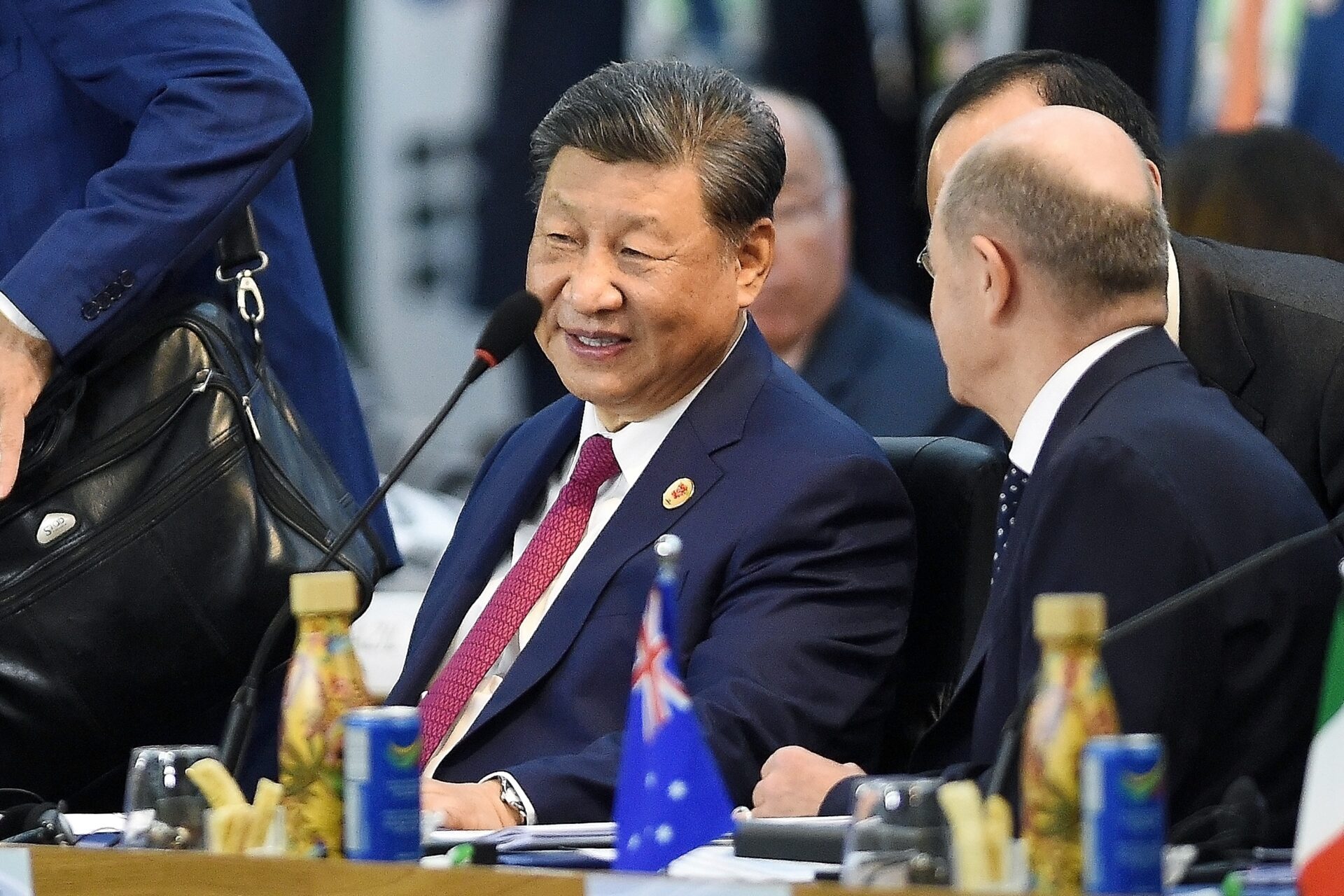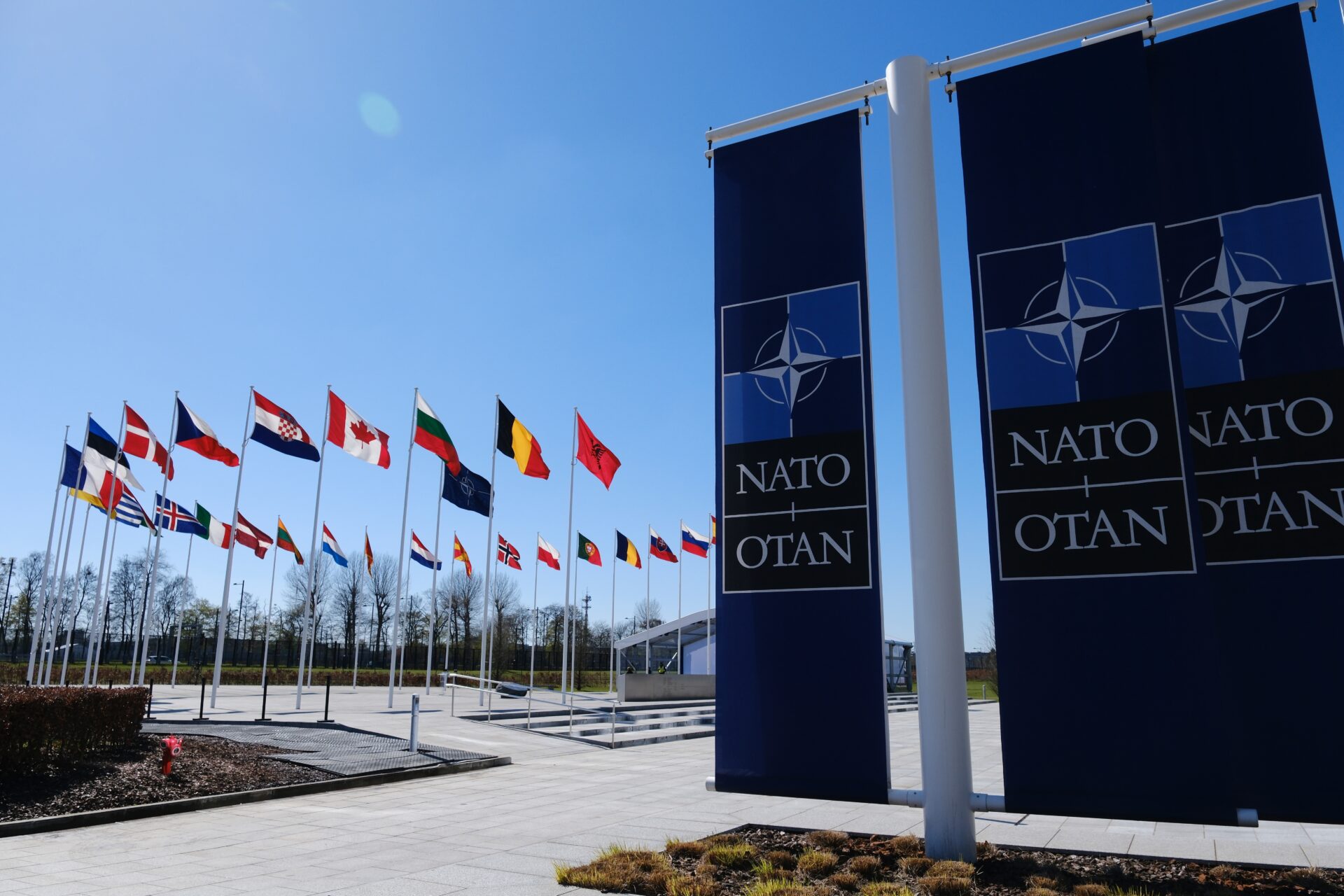
Immortality PLOT or Sick JOKE?
Russian President Vladimir Putin and Chinese President Xi Jinping were caught on a hot mic discussing organ transplants as a pathway to immortality during Beijing’s Victory Day military parade, reigniting global outrage over China’s history of forced organ harvesting.
At a Glance
- Putin and Xi overheard discussing organ transplants and immortality on September 3, 2025 in Beijing
- Hot mic captured conversation during Victory Day parade in Tiananmen Square
- Human rights groups have long accused China of harvesting organs from prisoners of conscience
- Medical experts dismiss immortality claims as scientifically baseless
Authoritarian Leaders Caught in Disturbing Exchange
During Beijing’s Victory Day military parade on September 3, 2025, Russian President Vladimir Putin and Chinese President Xi Jinping were inadvertently caught on a live hot mic. The conversation, aired globally, captured the leaders discussing organ transplantation as a potential route to extreme life extension and even immortality.
The exchange occurred as the two men walked through Tiananmen Square, accompanied by North Korea’s Kim Jong-un. Viewers described the broadcast as both surreal and deeply unsettling, given the context of China’s record on organ harvesting and human rights. The incident highlighted how authoritarian leaders appear to frame human life as a political and scientific resource rather than an inviolable right.
Watch now: Putin and Xi Hot Mic Organ Harvesting Scandal
China’s Dark History of Organ Harvesting
The hot mic revelation takes on added weight when considered alongside China’s documented history of forced organ harvesting. Since the early 2000s, international human rights organizations have accused Beijing of systematically removing organs from detained Falun Gong practitioners, Uyghurs, and other political prisoners without consent.
Investigations and testimony before bodies such as the China Tribunal in London have pointed to a state-sanctioned system supplying organs for both elite officials and paying foreign patients. Critics argue that the program reflects not only medical exploitation but also the use of human bodies as tools of state power.
The timing of Putin and Xi’s casual remarks, made during a parade celebrating military dominance, underscored how authoritarian regimes often intertwine displays of power with disregard for individual human dignity.
Medical Experts Demolish Immortality Claims
While the exchange generated shockwaves among political observers, medical experts quickly dismissed its scientific credibility. Dr. James Markmann, President of the American Society of Transplant Surgeons, issued a statement clarifying that while transplants can prolong life in cases of organ failure, they cannot extend life indefinitely.
“Organ transplantation is a lifesaving procedure,” Markmann explained, “but there is no evidence—nor will there ever be—that it confers immortality.” His comments reflect the broader consensus in medical science, which maintains that transplantation addresses organ-specific failure but cannot halt the natural aging process.
Experts stress that the leaders’ conversation reveals not only a misunderstanding of medical science but also a troubling willingness to view organs as interchangeable commodities—a perspective that raises ethical concerns about their governing philosophies.
Global and Strategic Implications
For policymakers, the incident reinforces existing anxieties about the behavior of authoritarian states. Leaders who preside over nuclear arsenals and influence global economic systems appear to openly entertain ideas rooted in exploitation and pseudoscience.
Analysts argue that this moment underscores the stark contrast between regimes that suppress human rights and democratic systems that place individual dignity at the center of governance. Some U.S. officials have already suggested that the episode could reignite debates about sanctions, international investigations, and accountability mechanisms targeting China’s alleged organ harvesting operations.
The broader concern remains clear: when authoritarian leaders discuss human life in transactional terms, the risks extend beyond their borders, raising pressing questions for global security and human rights advocates alike.
Sources
Reuters
Associated Press
American Society of Transplant Surgeons


